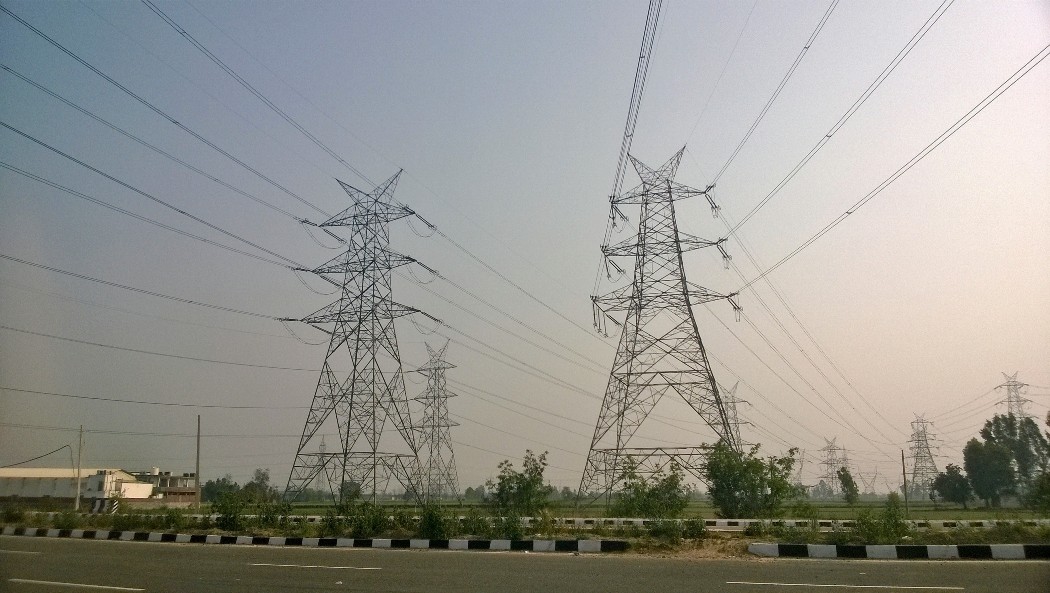The government has proposed to amend the Electricity Act, 2003 with a view to imposing heavy penalties on power generators that do not honour terms in the power purchase agreement (PPA). These amendments, if made, will be applicable to both conventional and renewable energy-based power projects.
The PPA has almost become a three-letter word for power generators. Inability to honour the terms of the PPA in view of extraneous and of course unanticipated factors, is a very contentious issue that needs to be handled deftly.
It is a very well known fact that Tata Power was willing to sell its 4,000-mw Mundra ultra mega power project in Gujarat for a nominal amount of Re.1, simply because it was unable to sell power at the rates prescribed in the PPA. The biggest power plant in India was ironically generating financial losses, as an unhealthy by-product, alongside electricity. The same has been the case with Adani Group’s Mundra plant and Essar’s Salaya project, both in Gujarat. These power producers were finding it difficult to honour their PPA-bound tariffs because prices of imported coal had increased—an unfortunate development that was well beyond the control of power producers, and of course, altogether unanticipated when PPAs were formalized.
It is another matter that the a high-powered committee appointed by the Gujarat government is reportedly considering giving respite to these power producers by allowing revisions in the tariffs envisaged in the PPA.
Whatever be the specific cases, it must be accepted that there is need to give a serious rethink to the entire PPA ecosystem. For one reason or the other, PPA-driven conflicts are bound to crop up. One must also bear in mind that all power procurement now is done on the basis of tariff-based competition bidding. There is very little scope for renegotiating tariffs. Even power purchase through renewable energy sources like solar and wind are driven by tariff –based competitive bidding. Though solar and wind are generally not affected by fuel price variations, there could be other reasons like sharp fluctuations in foreign exchange, adversely affecting the project’s capital cost, and ultimately tariffs.
One modality that is worth considering is to have PPAs of shorter duration. This could give more flexibility to both generators and procurers. As of now, typical PPAs are of 25-year duration—a dangerously long tenure to safely presume that nothing would go wrong. Short-term PPAs would also mean more electricity available on exchanges where price discovery would be much more scientific.
The author of this article, Venugopal Pillai, is Editor, T&D India. Views expressed here are personal. The author may be reached at venugopal.pillai@tndindia.com

